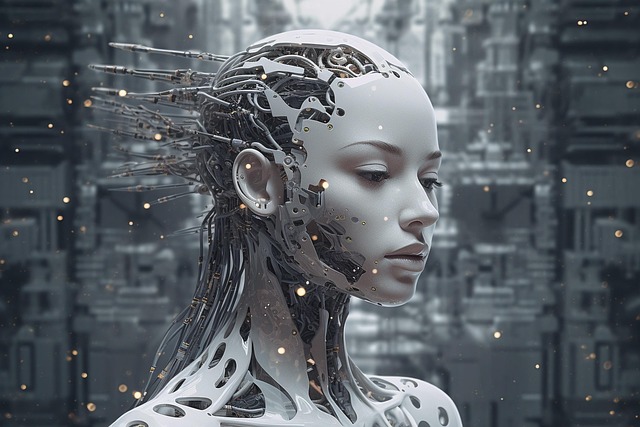
AI, ChatGPT, and the Future of Jobs: Navigating the Impact of Automation on the Workforce
Artificial Intelligence (AI) technologies, particularly language models like ChatGPT, are rapidly transforming various industries, leading to significant discussions about their impact on employment. This article delves into how AI is reshaping the job market, the potential for job displacement, and strategies for workers to adapt to this evolving landscape.

The Rise of AI and ChatGPT
Understanding ChatGPT and Its Capabilities
ChatGPT, developed by OpenAI, is a state-of-the-art language model that can generate human-like text based on the input it receives. Its applications range from drafting emails and writing code to creating content and answering questions, making it a versatile tool across various sectors.
AI's Integration into the Workforce
AI technologies are increasingly integrated into the workforce, automating tasks that were traditionally performed by humans. This integration spans multiple industries, including customer service, content creation, and data analysis.
Potential Impact on Employment
Job Displacement Concerns
The automation capabilities of AI have raised concerns about potential job displacement. A study by McKinsey Global Institute estimated that AI could displace approximately 15% of workers, or 400 million people, worldwide between 2016 and 2030. In a scenario of wide AI adoption, the share of jobs displaced could rise to as much as 30% (goodmorningamerica.com).
Sectors Most Affected
Certain sectors are more susceptible to AI-driven changes. Jobs that involve repetitive tasks, such as data entry clerks, customer service representatives, and technical writers, are at higher risk of automation. Conversely, roles requiring complex decision-making, creativity, and emotional intelligence are less likely to be automated.
Opportunities Arising from AI Integration
Creation of New Job Roles
While AI may displace certain jobs, it also creates new opportunities. For instance, the rise of AI has led to the emergence of roles like "prompt engineers," who specialize in training AI models to deliver more accurate and contextually relevant responses (cbsnews.com).
Enhancing Productivity and Job Quality
AI can augment human capabilities, leading to increased productivity and job satisfaction. By automating mundane tasks, workers can focus on more strategic and creative aspects of their roles, potentially leading to higher compensation and job fulfillment.
Strategies for Workers to Adapt
Upskilling and Reskilling
To remain competitive, workers should invest in upskilling and reskilling. Focusing on developing soft skills such as leadership, empathy, and problem-solving can provide a competitive edge, as these are areas where AI currently falls short (fortune.com).
Embracing Lifelong Learning
Adopting a mindset of lifelong learning is crucial. Engaging in continuous education and staying informed about technological advancements can help workers navigate the evolving job market effectively.
The Role of Policy and Education
Government Initiatives
Governments play a pivotal role in facilitating the transition to an AI-integrated workforce. Implementing policies that support education and training programs can help workers adapt to new job requirements and mitigate the adverse effects of automation.
Educational Institutions' Responsibility
Educational institutions must evolve their curricula to include AI literacy and prepare students for the future job market. Collaborations between academia and industry can ensure that educational programs align with current and future workforce needs.
Conclusion
The advent of AI technologies like ChatGPT presents both challenges and opportunities for the workforce. While concerns about job displacement are valid, proactive measures such as upskilling, embracing lifelong learning, and supportive policies can help workers adapt to this new era. By focusing on areas where human capabilities complement AI, individuals can navigate the changing job landscape successfully.

Further Reading
For more insights into AI's impact on employment and strategies for adaptation, consider exploring the following articles:
-
Is AI coming for your job? ChatGPT renews fears - Good Morning America
-
AI will replace nearly 5 million jobs, ChatGPT predicts - CBS News
-
Workers are concerned AI like ChatGPT will take their jobs | Fortune
By staying informed and proactive, workers can navigate the evolving landscape shaped by AI technologies.